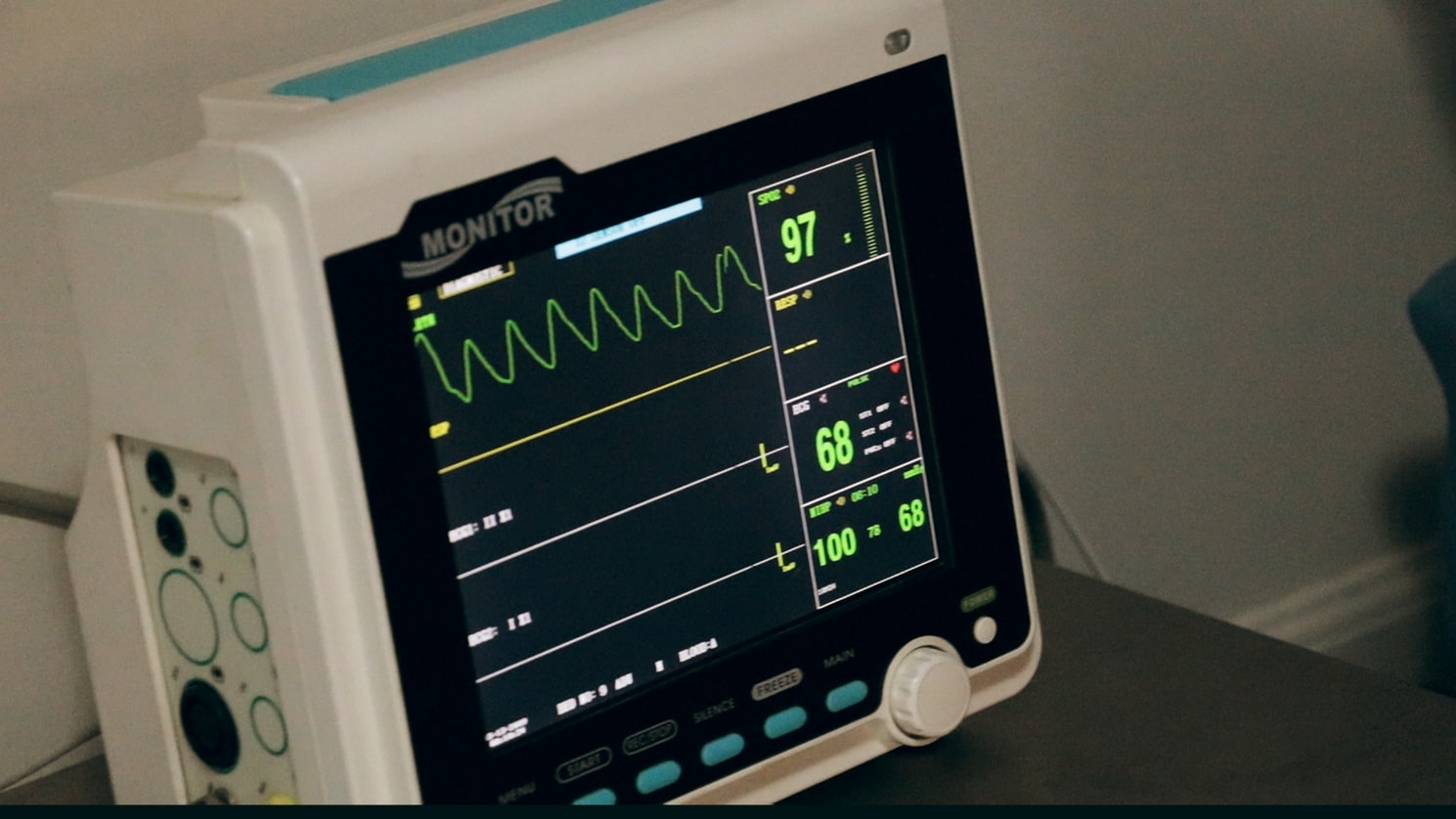What Does Failure to Monitor Mean?
In any situation where a patient is in medical professionals’ care, as when undergoing treatment or during a stay in a hospital or other facility for observation, doctors, nurses, and other medical staff have a responsibility to closely monitor the patient’s condition. This is necessary to spot potential problems and respond appropriately and in a timely manner so as to prevent harm or death.
While healthcare providers often have many patients to attend to and cannot be expected to stay with anyone patient around the clock, they have to provide monitoring and care that meets “reasonable” standards. That is to say; they must meet monitoring standards the average healthcare provider would reasonably expect to meet or exceed.
Who is Responsible for Monitoring a Patient?
Any number of medical professionals could be responsible in cases of monitoring errors/failure to monitor. It could be a doctor or nursing error, for example, if a patient is under observation. It could be related to anesthesia errors for patients undergoing surgery. How can you determine who is responsible when you suffer harm or a loved one dies due to monitoring failure? Often, one or more people on the medical team are tasked with this duty, but responsibility may depend on the situation.
Under Anesthesia and Surgery:
During a surgical procedure, when a patient is under the care of a staff that includes doctors, nurses, anesthesiologists, and so on, the person responsible for monitoring the health of the patient may depend on the task. For example, the anesthesiologist must monitor vital signs to spot adverse reactions or problems to the anesthesia being administered, whereas doctors and nurses must watch for complications related to the surgical procedure (although they should also keep an eye on vital signs throughout).
Receiving Treatment:
When receiving any form of treatment, the person administering the treatment is responsible for monitoring the patient for complications and reacting quickly to correct the situation should anything go wrong. For example, an allergic reaction to a medication being administered could require a fast response in order to minimize harm and prevent death.
Undergoing Observation:
Whether you’ve suffered a concussion, you’ve recently come out of complex surgery, or you’ve expressed suicidal ideations, a healthcare provider may order that you be placed under observation for your own safety. Monitoring is an important part of the observation, as a doctor or nursing error during observation could result in significant harm or death.
Consequences of Failure to Monitor
Any time a doctor, nurse, anesthesiologist, or other healthcare professional fails to properly monitor a patient’s condition, the consequences could range from mild to severe, resulting in significant harm, lasting damage, or even death. In some cases, outcomes are related to a nurse failing to call for backup, even when concerns arise during patient monitoring.
A nurse might also fail to properly administer medication ordered by a doctor or may accidentally harm a patient and fail to report it. This is also considered a failure to monitor, and the consequences can be equally severe.
Call a Medical Malpractice Lawyer
If you’ve suffered harm as a result of doctor or nursing error or anesthesia error related to failure to monitor, or such errors resulted in the death of a loved one, you have grounds to pursue a medical malpractice lawsuit and seek compensation.
Contact the expert attorneys at The Trial Law Offices of Bradley I. Kramer, M.D., Esq. today at 310-289-2600 or online to schedule your free initial consultation and discuss your monitoring errors/failure to monitor case.


